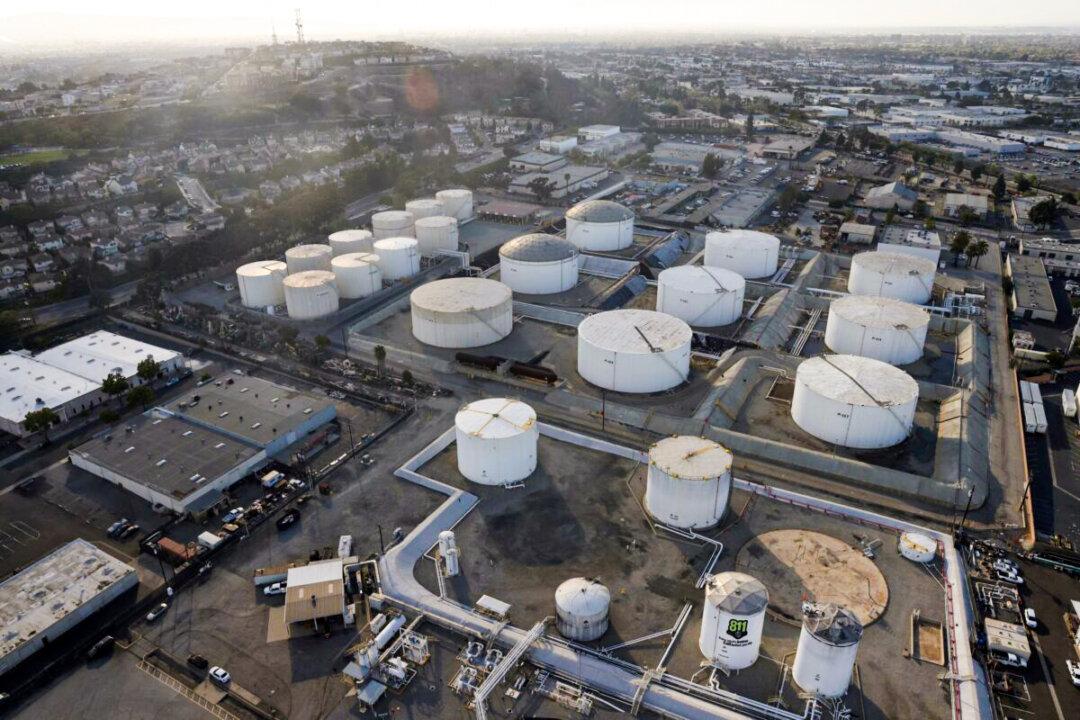New travel restrictions driven by a rise in COVID-19 infections are poised to slow the recovery in global oil demand, according to a new report from the International Energy Agency (IEA), which lowered its oil demand forecast by 100,000 barrels per day for the remainder of 2021 and all of 2022, mostly due to reduced jet fuel use.
The IEA stated in its monthly oil market report that it expects the global oil demand recovery to slow its pace, rising by 5.4 million barrels per day in 2021 and 3.3 million barrels per day in 2022, rebounding to pre-pandemic levels next year at 99.5 million barrels per day.





